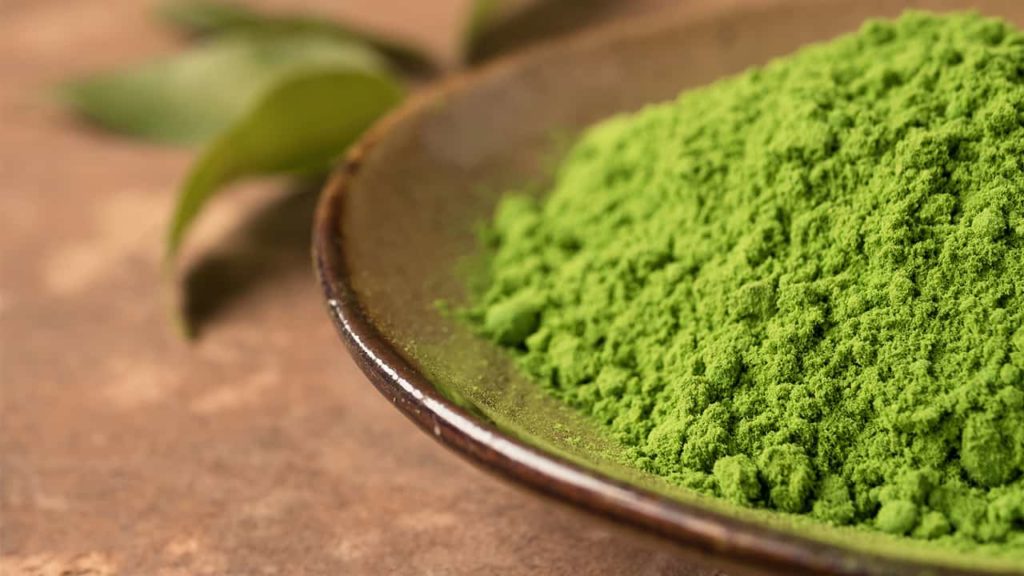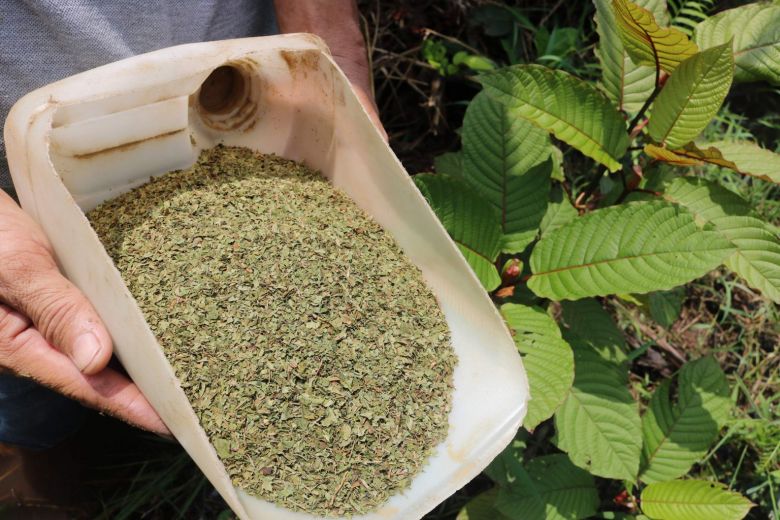Understanding Coral Nutrition: Feeding Strategies for SPS, LPS, and Soft Corals
Coral nutrition is a critical aspect of maintaining a healthy and vibrant reef aquarium. Different types of corals, such as Small Polyp Stony (SPS), Large Polyp Stony (LPS), and Soft Corals, have varying feeding requirements and strategies. To highlight these reefs in your tank, you can use the best led aquarium lighting to provide the optimal light spectrum for photosynthesis and growth. LED aquarium lighting can mimic natural sunlight, promoting the growth of symbiotic zooxanthellae algae within coral tissues, which in turn provide essential nutrients to the coral host. In this article, we’ll delve into the fascinating world of coral nutrition and explore effective feeding strategies to ensure the well-being and growth of your coral inhabitants.
Understanding Coral Types
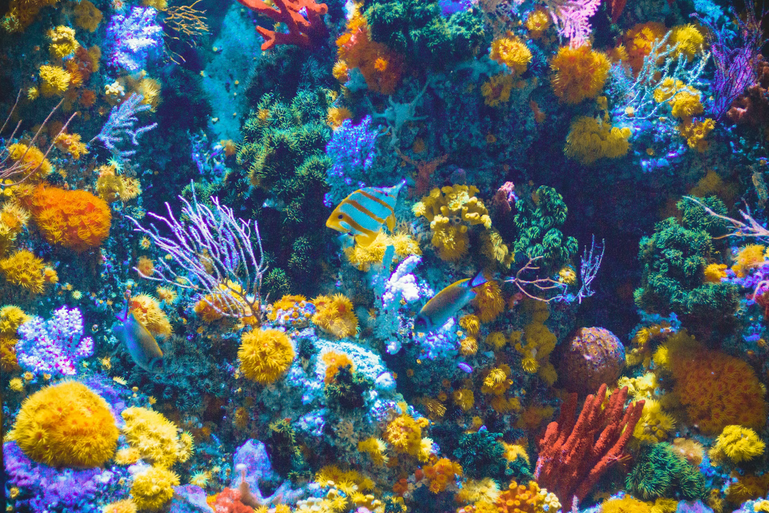
According to the National Oceanic and Atmospheric Administration (NOAA), coral reefs rank among the planet’s most diverse ecosystems. Coral polyps, the key architects of reefs, exhibit diverse forms, ranging from expansive reef-building colonies to elegant, flowing fans and even solitary organisms of diminutive size.
- Small Polyp Stony (SPS) Corals: SPS corals are known for their intricate skeletal structures and fast growth rates. These corals primarily obtain nutrients through photosynthesis but also benefit from supplemental feeding.
- Large Polyp Stony (LPS) Corals: Compared to SPS corals, LPS corals have larger polyps and can capture larger food particles. They require a varied diet that includes meaty foods like brine shrimp, mysis shrimp, and enriched coral foods.
- Soft Corals: Soft corals, including species like zoanthids, mushrooms, and leather corals, have flexible and fleshy structures. They rely on photosynthesis and filter feeding to obtain nutrients. They also benefit from occasional feeding with planktonic foods and liquid coral supplements.
Effective Feeding Strategies
- Target Feeding: Use a feeding pipette or syringe to directly target feed SPS and LPS corals with small food particles. This ensures that the corals receive the nutrients they need without excess waste in the aquarium.
- Broadcast Feeding: For soft corals and other filter-feeding species, broadcast feeding with liquid coral foods or planktonic suspensions can distribute nutrients throughout the tank, benefiting a wider range of corals and invertebrates.
- Feeding Frequency: Adjust feeding frequency based on coral type and individual needs. SPS corals may benefit from daily or alternate-day feedings, while LPS and soft corals can thrive with less frequent feedings, such as 2-3 times per week.
- Quality Foods: Choose high-quality coral foods that are rich in proteins, vitamins, and essential nutrients. Avoid overfeeding, as excess nutrients can lead to water quality issues and algae growth.
- Supplemental Lighting: Provide adequate lighting to support photosynthesis in corals, which complements their feeding strategies and promotes overall health and growth.
Benefits of Coral Reef Ecosystems

Coral reef ecosystems offer a multitude of benefits that extend far beyond their vibrant and diverse marine life. These ecosystems are crucial hubs of biodiversity, supporting a wide array of fish, invertebrates, and plant species. This biodiversity not only contributes to the overall health of the ocean but also sustains fisheries that provide food and livelihoods for millions of people worldwide. Additionally, coral reefs serve as natural barriers, providing coastal protection by absorbing the energy of waves and storms, thus reducing erosion and flooding in coastal areas.
Understanding coral nutrition and implementing appropriate feeding strategies are essential for the success of your reef tank. By catering to the specific feeding needs of SPS, LPS, and soft corals through target feeding, broadcast feeding, and quality food choices, you can create a thriving and colorful coral reef ecosystem that delights both you and your aquatic inhabitants. Regular observation, water parameter monitoring, and adjustments to feeding routines ensure that your corals receive the nutrients they need for optimal health and vitality.…




 Before committing to cosmetic surgery, scheduling a consultation with a specialist is essential. This initial meeting allows you to discuss your goals and expectations openly when undergoing certain procedures, such as a breast augmentation or tummy tuck. A reputable surgeon will take the time to thoroughly assess your individual needs and determine the most suitable treatment plan for you.
Before committing to cosmetic surgery, scheduling a consultation with a specialist is essential. This initial meeting allows you to discuss your goals and expectations openly when undergoing certain procedures, such as a breast augmentation or tummy tuck. A reputable surgeon will take the time to thoroughly assess your individual needs and determine the most suitable treatment plan for you. 
 After any surgical procedure, it is essential to consider the recovery time needed for your body to heal and get back to normal. Recovery time can vary depending on the type of surgery performed and individual factors such as overall health, age, and adherence to post-operative instructions. It’s crucial to follow your surgeon’s recommendations diligently during the recovery period.
After any surgical procedure, it is essential to consider the recovery time needed for your body to heal and get back to normal. Recovery time can vary depending on the type of surgery performed and individual factors such as overall health, age, and adherence to post-operative instructions. It’s crucial to follow your surgeon’s recommendations diligently during the recovery period.
 In today’s digital age, staying connected with your favourite brands and retailers online can be a game-changer in scoring the best deals on household items. By following them on social media platforms like Facebook, Instagram, and Twitter, you’ll be the first to know about exclusive promotions, flash sales, and limited-time offers.
In today’s digital age, staying connected with your favourite brands and retailers online can be a game-changer in scoring the best deals on household items. By following them on social media platforms like Facebook, Instagram, and Twitter, you’ll be the first to know about exclusive promotions, flash sales, and limited-time offers. Who doesn’t love a good deal when shopping for household items? One of the best ways to save money is by using coupons and promo codes. These little gems can help you snag discounts, free shipping, or even cashback on your purchases. Before making a purchase online, always check if there are any available coupons or promo codes that you can apply at checkout.
Who doesn’t love a good deal when shopping for household items? One of the best ways to save money is by using coupons and promo codes. These little gems can help you snag discounts, free shipping, or even cashback on your purchases. Before making a purchase online, always check if there are any available coupons or promo codes that you can apply at checkout.


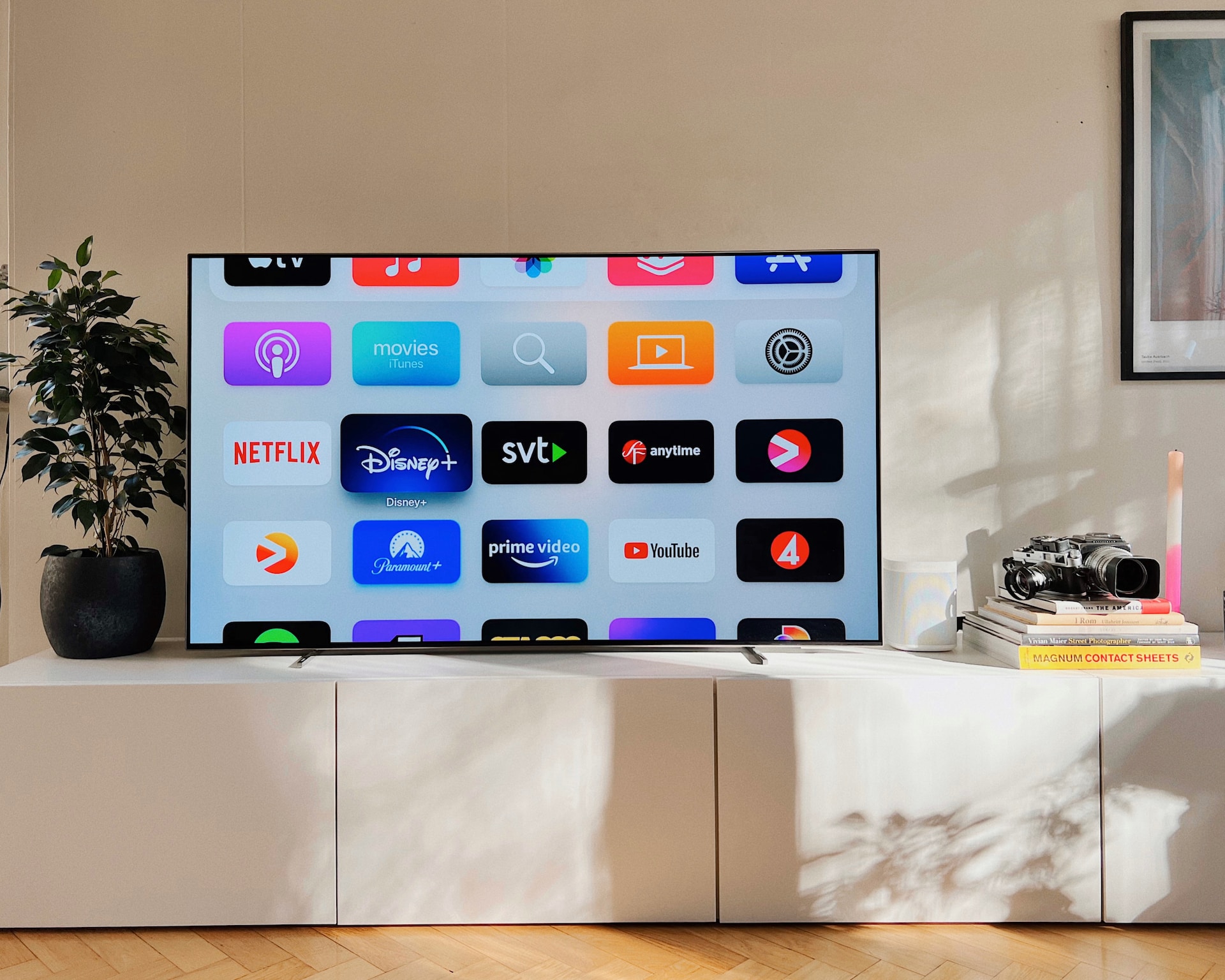






 Once you’ve decided on the type of system you need, the next step is to choose the
Once you’ve decided on the type of system you need, the next step is to choose the 
 Dust, dirt, and other allergens can collect in your home and cause problems for people who suffer from allergies or asthma. By keeping your house clean, you can help improve the air quality in your home and reduce the chances of triggering an allergic reaction. In addition, viruses and bacteria can thrive in dirty environments. If you have young children, the elderly, or anyone with a weakened immune system living in your home, it is especially important to keep your house clean to avoid making them sick.
Dust, dirt, and other allergens can collect in your home and cause problems for people who suffer from allergies or asthma. By keeping your house clean, you can help improve the air quality in your home and reduce the chances of triggering an allergic reaction. In addition, viruses and bacteria can thrive in dirty environments. If you have young children, the elderly, or anyone with a weakened immune system living in your home, it is especially important to keep your house clean to avoid making them sick. Accidents can happen anywhere, but they are more likely to occur in a cluttered or messy environment. If your home is full of tripping hazards, it increases the chances that someone will get hurt. In addition, fire hazards are more common in cluttered homes and have excessive amounts of flammable materials. By keeping your home clean and free of clutter, you can help to keep your family safe.
Accidents can happen anywhere, but they are more likely to occur in a cluttered or messy environment. If your home is full of tripping hazards, it increases the chances that someone will get hurt. In addition, fire hazards are more common in cluttered homes and have excessive amounts of flammable materials. By keeping your home clean and free of clutter, you can help to keep your family safe.
 What are your interests and accomplishments? Do you have any career goals? You need to first come up with your portfolio. You can then use it to search for remote work. Nowadays, looking for a job, finding it and working all without leaving your home. Just be sure to have a resume that does all the talking for you.
What are your interests and accomplishments? Do you have any career goals? You need to first come up with your portfolio. You can then use it to search for remote work. Nowadays, looking for a job, finding it and working all without leaving your home. Just be sure to have a resume that does all the talking for you. All over the world, people are looking for someone to help them with their tasks. For example, someone might be looking for a copywriter or a content creator. Once you do your pitch, you can land a virtual assistant job that will have you at home all the time.
All over the world, people are looking for someone to help them with their tasks. For example, someone might be looking for a copywriter or a content creator. Once you do your pitch, you can land a virtual assistant job that will have you at home all the time.


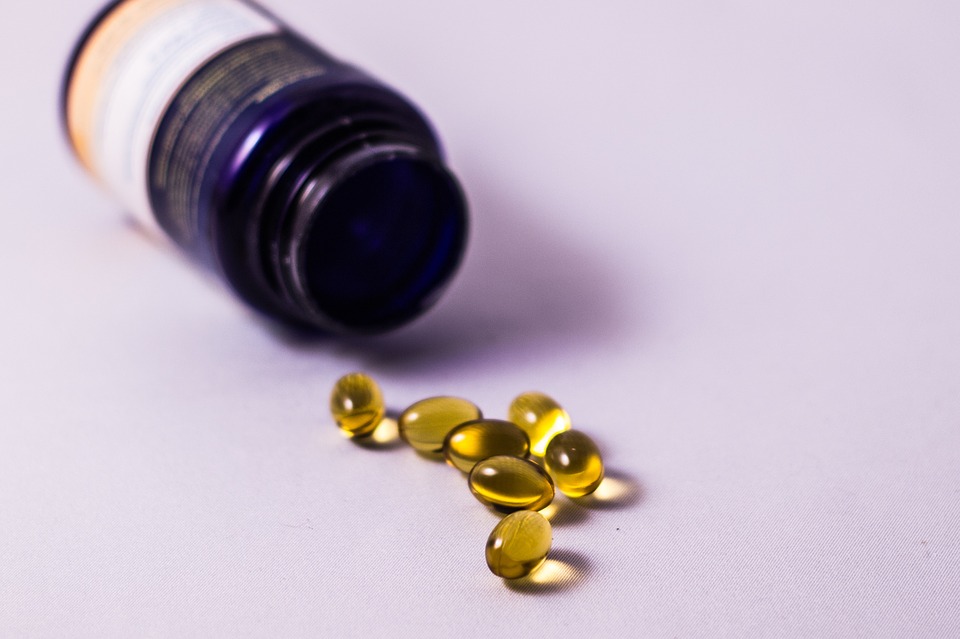
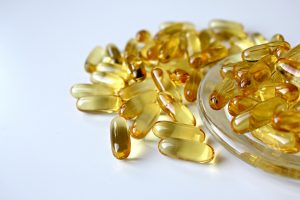 Have you ever heard of SARMs? As stated above, SARMs is an acronym that stands for Selective Androgen Receptor Modulators. Due to various researches that have been conducted globally, they have proven that they are safe and they can help to improve hormones that are produced by your body. Also, it is crucial to understand that SARMs have shown other considerable potential in treating various conditions related to muscle-wasting.
Have you ever heard of SARMs? As stated above, SARMs is an acronym that stands for Selective Androgen Receptor Modulators. Due to various researches that have been conducted globally, they have proven that they are safe and they can help to improve hormones that are produced by your body. Also, it is crucial to understand that SARMs have shown other considerable potential in treating various conditions related to muscle-wasting.

 Controversies apart, the drug is quite beneficial to any given athletic activity or fitness routine. Not only will it help you to gain muscle mass and trim the fat, but the product will also accelerate your recovery. There are different ways to use Ostarine. You can use this supplement alone for 12 weeks or stack it with other SARMs such as MK677 and LGD-4033. Also, you can add it to your steroids. No matter your goal, the maximum dosage that you should take is 25 mg/day orally. Ensure you stick to the recommended dose, and with regular lifting and diet, you can gain lean muscle mass.
Controversies apart, the drug is quite beneficial to any given athletic activity or fitness routine. Not only will it help you to gain muscle mass and trim the fat, but the product will also accelerate your recovery. There are different ways to use Ostarine. You can use this supplement alone for 12 weeks or stack it with other SARMs such as MK677 and LGD-4033. Also, you can add it to your steroids. No matter your goal, the maximum dosage that you should take is 25 mg/day orally. Ensure you stick to the recommended dose, and with regular lifting and diet, you can gain lean muscle mass.

